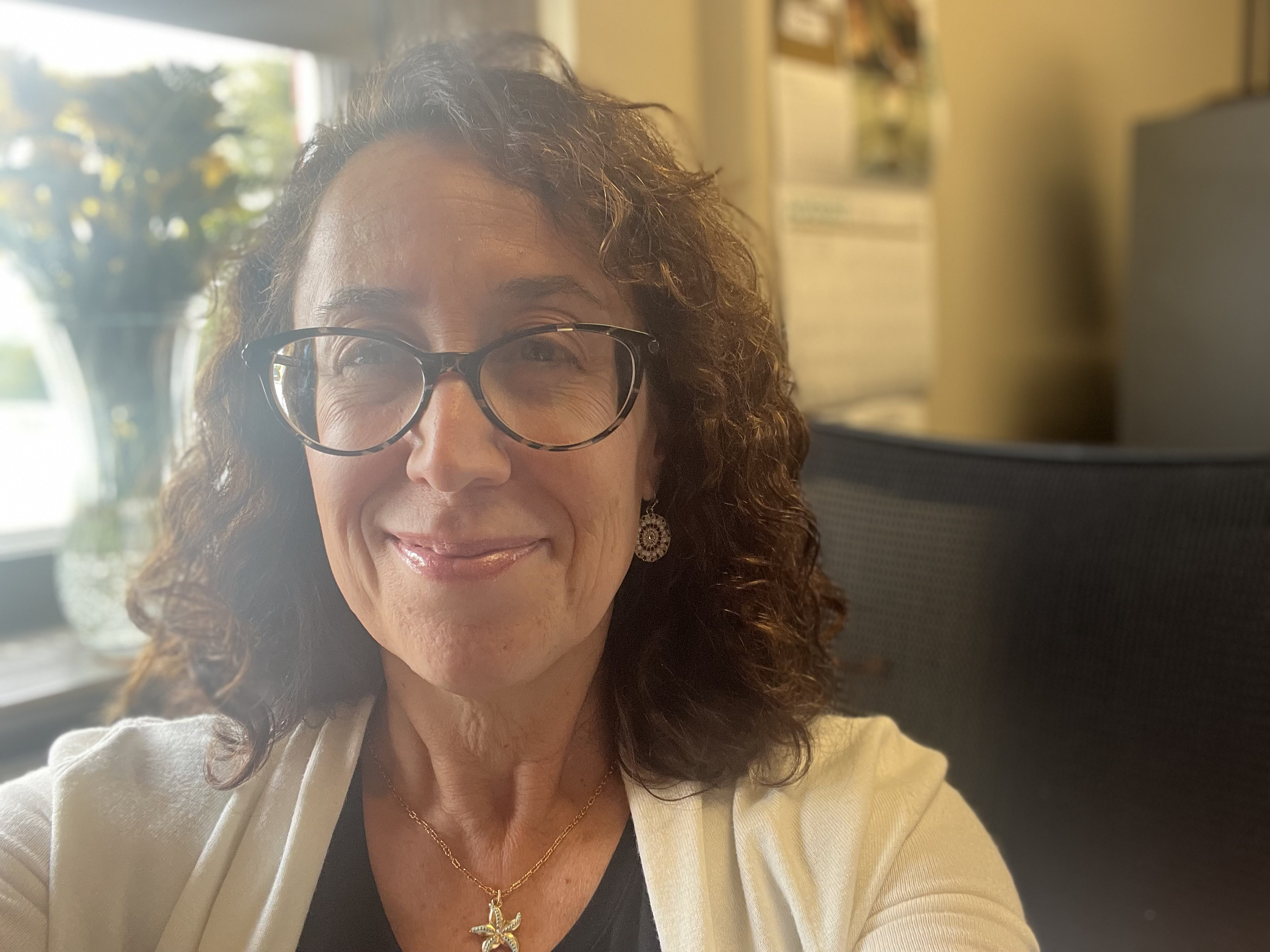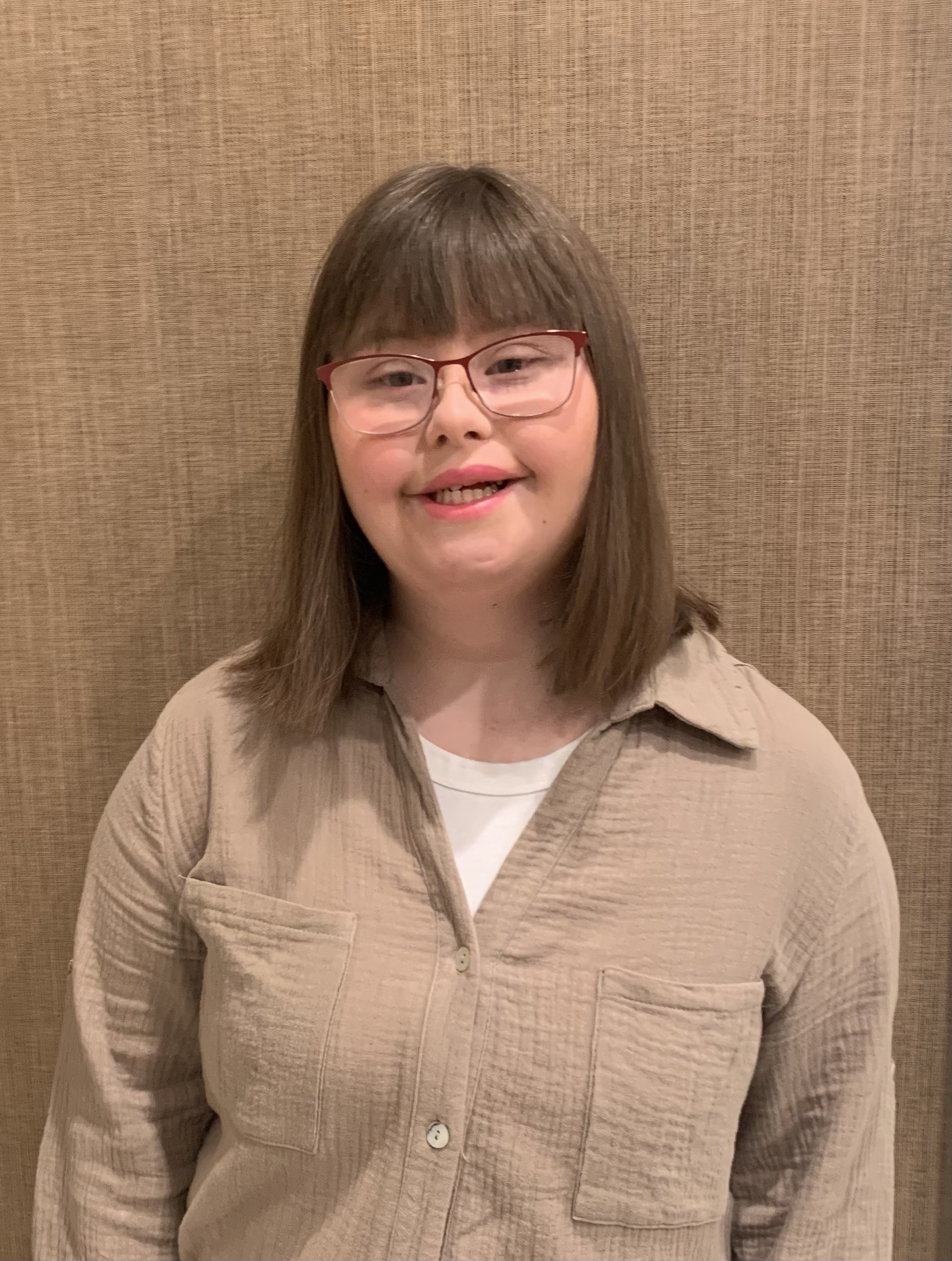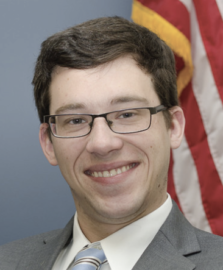Berry College’s IPSE Program Provides Students with Disabilities Promising Future
Berry College, located in Rome, Georgia, launched the Berry College Program for Inclusive Learning the Fall semester in 2024—the first inclusive post-secondary education (IPSE) program offered by a private university in Georgia. This program opens new doors for students with intellectual disabilities by providing meaningful academic, social, and career development opportunities beyond high school.
 Michelle Haney, Program Director“As a professor and school psychologist, I like to think I have a good grasp on program development, and I have a good handle on helping students with intellectual disabilities get to where they want and need to be,” said Michelle Haney, program director for Berry’s IPSE program. “What I did not know was how to build a college from scratch. I had a lot to learn. The team started with just me and grew from there, and I couldn’t be happier with how the program has grown.”
Michelle Haney, Program Director“As a professor and school psychologist, I like to think I have a good grasp on program development, and I have a good handle on helping students with intellectual disabilities get to where they want and need to be,” said Michelle Haney, program director for Berry’s IPSE program. “What I did not know was how to build a college from scratch. I had a lot to learn. The team started with just me and grew from there, and I couldn’t be happier with how the program has grown.”
The program is designed for individuals with intellectual disabilities between the ages of 18 and 26 to continue learning and developing skills that allow them to contribute to their communities in meaningful ways.
“I think Berry was the right fit for me overall,” said Kate Jarrett, a student in the IPSE program. “I’ve learned how to navigate the campus, ask for help, and go to different events.”
During her time in the program so far, Jarrett has made the most of her experience. In addition to working with peer mentors, who have helped her acclimate to college life, Jarrett has been proactive at reaching out and engaging with her fellow peers. Her outgoing nature also helped her find fulfilling work on campus.
 Kate Jarrett, Berry College IPSE Student“In Fall 2024, I started out as a library assistant,” Jarrett said. “This year, I switched to sports medicine, where I volunteered to help the basketball team. I helped with water, towels, and wound treatment. I loved it. Now, I’m doing the same type of work for the volleyball team in a paid position.”
Kate Jarrett, Berry College IPSE Student“In Fall 2024, I started out as a library assistant,” Jarrett said. “This year, I switched to sports medicine, where I volunteered to help the basketball team. I helped with water, towels, and wound treatment. I loved it. Now, I’m doing the same type of work for the volleyball team in a paid position.”
Jarrett’s goal is to become a labor and delivery nurse, a career path that her aunts and cousins pursued before her. Sports medicine has been an important stepping stone toward reaching her goals.
IPSE programs are still being established in universities across the state and country at large. In Georgia, there are currently 10 programs in place with nine of those housed within public universities, including Albany Technical College, Georgia State University (GSU), the University of Georgia (UGA), and the Georgia Institute of Technology (Georgia Tech). Since Berry College is a private institution, it does not receive as much state funding as public institutions whose students can access individual IPSE grant funding. Many alumni of IPSE programs hope to see further progress where IPSE grants cover funding for private institutions.
 Charlie Miller, GCDD Legislative Advocacy DirectorCharlie Miller, Legislative Advocacy Director at the Georgia Council on Developmental Disabilities (GCDD), is a graduate of Kennesaw State University (KSU)’s IPSE Program Academy for Inclusive Learning and Social Growth. He attributes a lot of his success to the various academic and social experiences he had during this time.
Charlie Miller, GCDD Legislative Advocacy DirectorCharlie Miller, Legislative Advocacy Director at the Georgia Council on Developmental Disabilities (GCDD), is a graduate of Kennesaw State University (KSU)’s IPSE Program Academy for Inclusive Learning and Social Growth. He attributes a lot of his success to the various academic and social experiences he had during this time.
“I remember when KSU first got their football team, and I hosted a tailgate with some friends from the academy,” said Miller. “I was responsible for keeping track of everyone, and I remember seeing one of my friends hanging out at a fraternity tailgate, having a great time. I remember thinking, ‘This is what inclusion looks like.’ No one cared that my friend had a disability; we were just a bunch of students enjoying football.”
With Berry College at the forefront of private institutions that offer IPSE programs in Georgia, it inspires hope for further expansion into more colleges and universities. In the future, Miller wants more people to have the opportunity to attend IPSE programs, whether that is by alleviating some of the prohibitive costs or by opening programs at some of Georgia’s Historically Black Colleges and Universities (HBCU).
“Inclusive education is not just a hot topic or the ‘in’ thing to do now; it’s the future of the disability community,” said Miller. “We talk about Georgia being the number one state to do business, but now it’s time for it to be the number one state for people with disabilities. The disability community is itching to be a part of the community at large.”
For more information about the Berry College Program for Inclusive Learning visit https://www.berry.edu/academics/ipse/.
For more information about Georgia’s IPSE programs, visit https://gaipsec.org/.